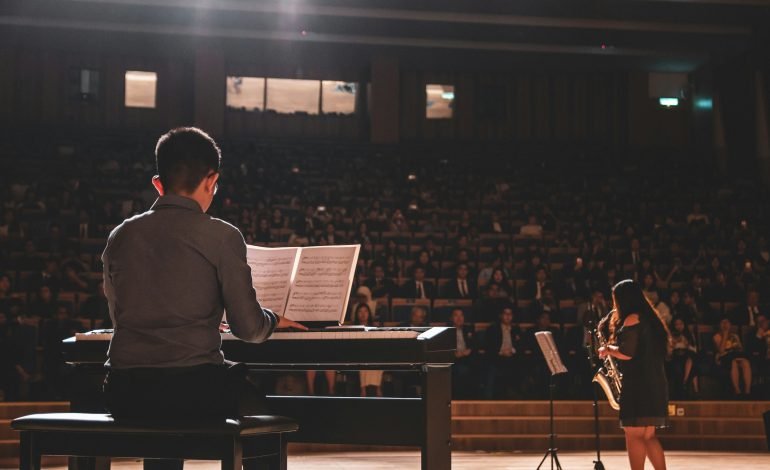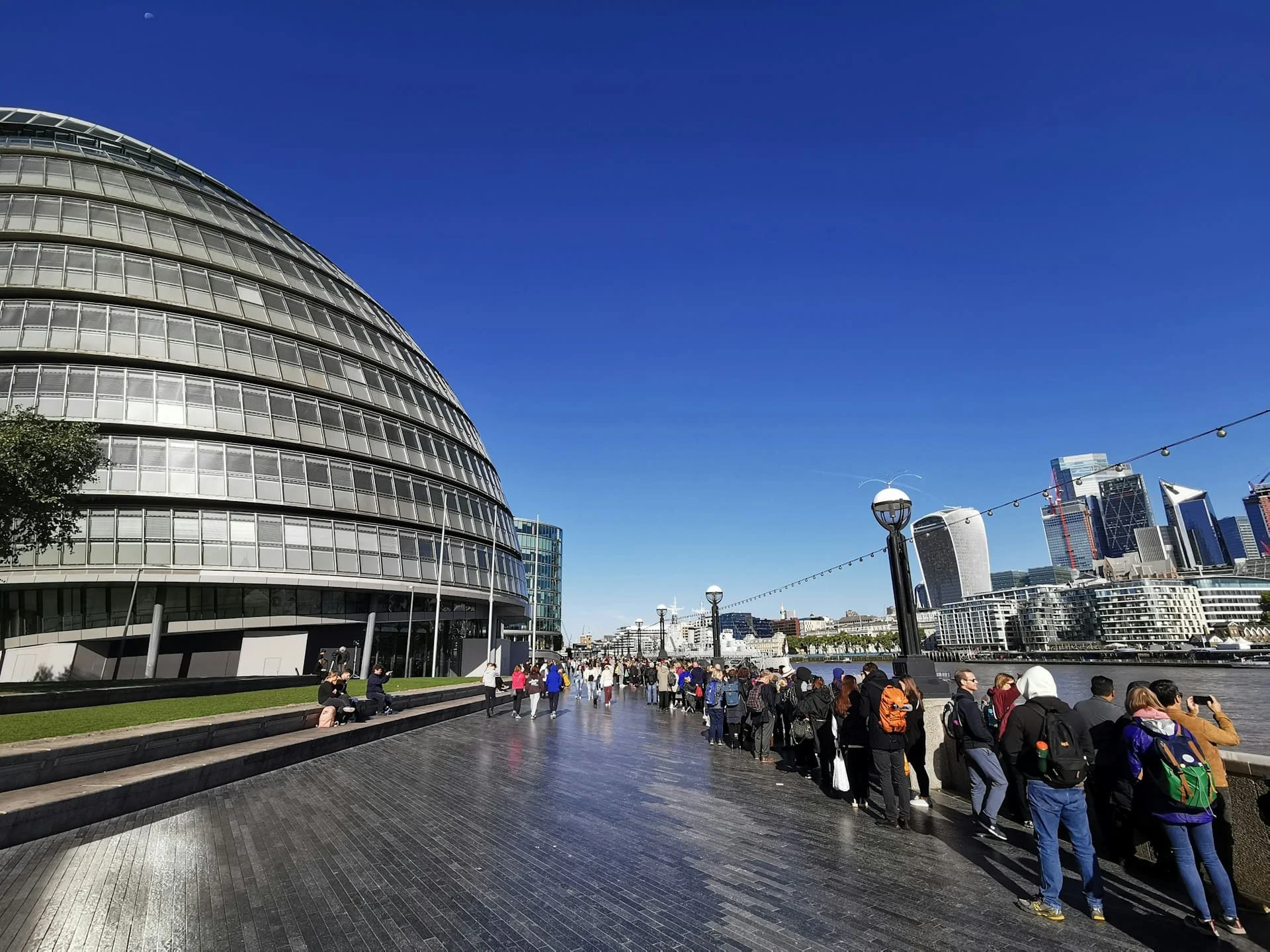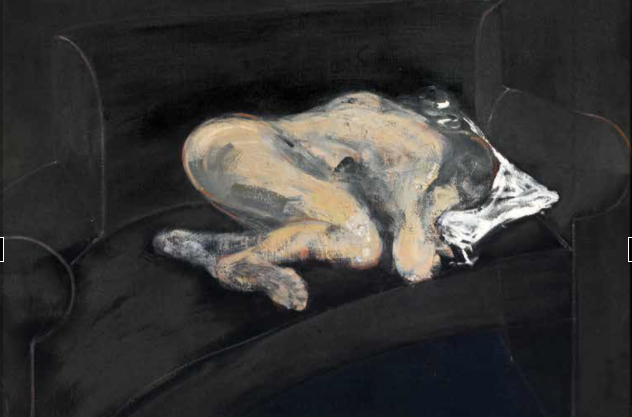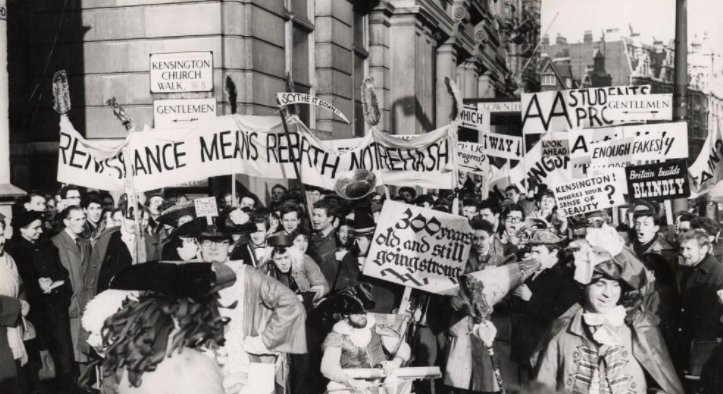
The shrinkage in the UK’s support for the arts—whether in education, professional performance, or general participation—in the last two decades is startling. That is the inference to be drawn from a report launched on Monday by the University of Warwick and the Campaign for the Arts. We have known for half a century that support from the public purse was less than in most European countries, but on almost all measures, Britain now ranks in the bottom three. The report examined the state of the arts from 2010 to 2023, and here are some of its stark findings as they impact England.
Local authority core funding decreased by 48%, while Department of Culture funding fell by 18%, representing 0.17% of public spending per person. However, this was not as awful as Northern Ireland, where the UK Arts Council’s funding was cut by 66%. Arts Council England’s funding of nationally important organisations fell by 10%. Tax credits exceeded the Department of Culture’s core funding from 2017 onwards. The number of music, theatre, dance, and comedy performances across the UK fell by 23% in the five years from 2018.
The really long-term policy shifts, though, have been in England’s education system. There have been serious attacks on arts in education since the 1980s, but they have struck home since 2010. The report concludes that arts education “has experienced a significant decline, caused by funding pressures and performance measures, like the EBacc and Progress 8, marginalising the arts in state-funded secondary schools.” The number of arts teachers in these schools “fell by 27%,” 15,000 posts, while the number of hours of teaching fell by 23%. Since 2010, the share of arts subjects at GCSE has fallen by 47% and A-levels by 29%. The structural funding crisis in further education has hit the arts particularly hard, and since 2021, the Government imposed 50% cuts on “high-cost subjects” deemed not to be of “strategic importance,” by which it meant the arts and humanities. Earnings for those working in cultural education were found to be below the poverty line.
At the launch of the report, the new UK Arts Minister, Chris Bryant, promised in an impassioned speech that all this would change and said that he had the strong co-operation of the new Secretary of State for Education, Bridget Phillipson. Among the host of professionals gathered on the terrace of the House of Lords, there was a sense of hope that the new government is sincere but also caution that positive political words can be undermined by the resistance of officials in the Treasury, education, and local government departments. Until the crisis in local authorities, schools, and the funding bodies themselves is turned around, the decline in Britain’s cultural life—one of its strongest assets—will continue.
The full report can be read here.









